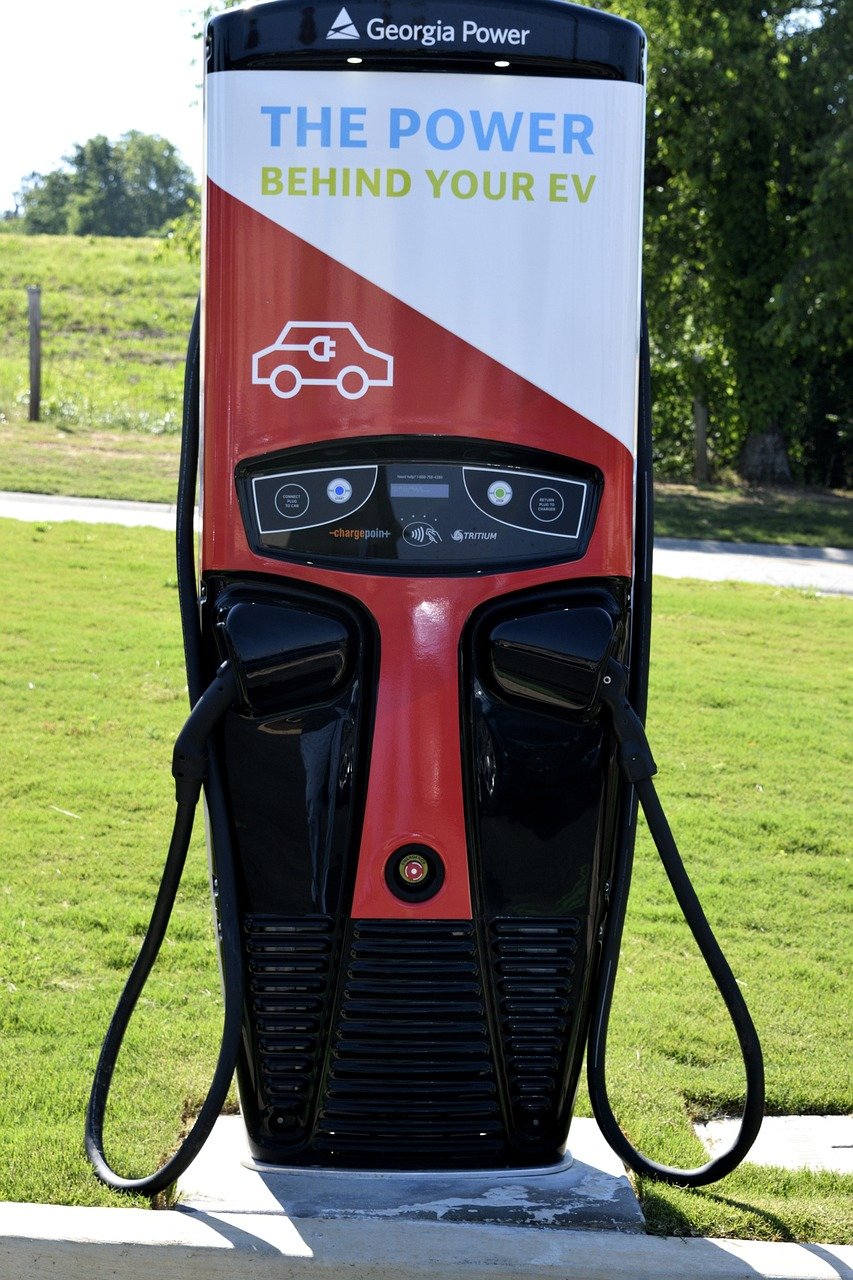Welcome to the world of electric vehicles, where sustainability is at the forefront of innovation. As the demand for electric vehicles continues to rise, manufacturers are tackling the issue of battery recycling head on. With a focus on reducing environmental impact and promoting a circular economy, companies are implementing various strategies to reuse and recycle electric vehicle batteries. Let’s explore how these manufacturers are taking steps towards a greener future.
How Are Electric Vehicle Manufacturers Addressing Battery Recycling?
Are you curious about how electric vehicle manufacturers are handling the issue of battery recycling? Let’s dive into the world of electric cars and see how companies are working to create sustainable solutions.

The Importance of Battery Recycling in Electric Vehicles
When it comes to electric vehicles, one of the key components that must be considered is the battery. These batteries power the car and allow it to run without the need for traditional fuel sources. However, as with any type of battery, they have a limited lifespan and will eventually need to be replaced. This is where battery recycling comes into play.
Why is battery recycling important for electric vehicles?
Battery recycling is crucial for electric vehicles because it allows manufacturers to reuse the valuable materials found in the batteries. This not only helps reduce waste but also conserves natural resources by minimizing the need for new materials. Additionally, recycling batteries helps reduce the environmental impact of disposing of used batteries, which can be harmful to the environment if not handled properly.
Strategies for Battery Recycling in Electric Vehicles
Electric vehicle manufacturers are implementing various strategies to address the issue of battery recycling. These strategies involve the collection, dismantling, and recycling of used batteries to recover valuable materials that can be reused in new batteries. Let’s take a closer look at some of the common strategies used in the industry.
Collection of used batteries
One of the first steps in the battery recycling process is the collection of used batteries from electric vehicles. Manufacturers are working to establish programs that make it easy for consumers to return their old batteries for recycling. This may involve setting up collection points at dealerships, partnering with recycling facilities, or offering incentives to encourage people to recycle their batteries.
Dismantling and sorting of batteries
Once the used batteries are collected, they need to be dismantled and sorted to separate the various components. This process involves removing the individual cells from the battery pack and sorting them based on their chemistry and condition. Some manufacturers are leveraging automation and robotics to streamline this process and improve efficiency.
Recovery of valuable materials
After the batteries are dismantled and sorted, the next step is to recover the valuable materials contained in the batteries. This includes metals such as lithium, cobalt, nickel, and aluminum, which can be reused in the production of new batteries. Manufacturers are investing in advanced technologies to extract these materials in a cost-effective and environmentally friendly manner.

Notable Initiatives by Electric Vehicle Manufacturers
Several electric vehicle manufacturers are leading the way in addressing battery recycling and implementing innovative solutions to create a more sustainable industry. Let’s explore some of the notable initiatives that these companies are undertaking.
Tesla
Tesla, one of the most well-known electric vehicle manufacturers, has been actively working on battery recycling initiatives. The company has partnered with recycling facilities to develop processes for recovering and reusing materials from used batteries. Tesla is also exploring ways to incorporate recycled materials into new battery production to reduce the reliance on raw materials.
Nissan
Nissan, the maker of the popular Nissan Leaf electric car, is also committed to battery recycling efforts. The company has set up programs to collect and recycle used batteries from its electric vehicles. Nissan is working on developing technologies to improve the efficiency of battery recycling and is exploring partnerships with recycling companies to help further their sustainability goals.
BMW
BMW is another automaker that is taking steps to address battery recycling in its electric vehicles. The company has established a closed-loop recycling system that allows for the recovery and reuse of materials from used batteries. BMW is working on developing innovative recycling technologies to minimize waste and reduce the environmental impact of battery disposal.

Challenges and Opportunities in Battery Recycling
While electric vehicle manufacturers are making progress in battery recycling efforts, there are still challenges that need to be addressed to create a more sustainable industry. Let’s examine some of the key challenges and opportunities in battery recycling for electric vehicles.
Challenges
-
Cost: Battery recycling can be expensive due to the complexity of the process and the need for specialized equipment. Manufacturers need to find cost-effective solutions to make recycling financially viable.
-
Technology: Developing advanced recycling technologies that can recover valuable materials efficiently is essential for the success of battery recycling initiatives.
-
Regulations: Compliance with regulations related to battery disposal and recycling is crucial to ensure that the process is environmentally friendly and safe for workers.
Opportunities
-
Innovation: Continued innovation in battery recycling technologies can lead to more efficient processes and higher recovery rates of valuable materials.
-
Circular economy: Embracing a circular economy model where materials are reused and recycled in a closed-loop system can help minimize waste and reduce the environmental impact of battery production.
-
Collaboration: Collaboration between manufacturers, recyclers, and government agencies can facilitate the development of holistic solutions for battery recycling in electric vehicles.

Conclusion
Battery recycling is a critical aspect of creating a more sustainable electric vehicle industry. By implementing innovative strategies and initiatives, manufacturers can help reduce waste, conserve natural resources, and minimize the environmental impact of battery disposal. As consumers, you can also play a role in supporting battery recycling efforts by returning your used batteries for recycling and choosing electric vehicles from companies that prioritize sustainability. Let’s work together to build a greener future for generations to come.


